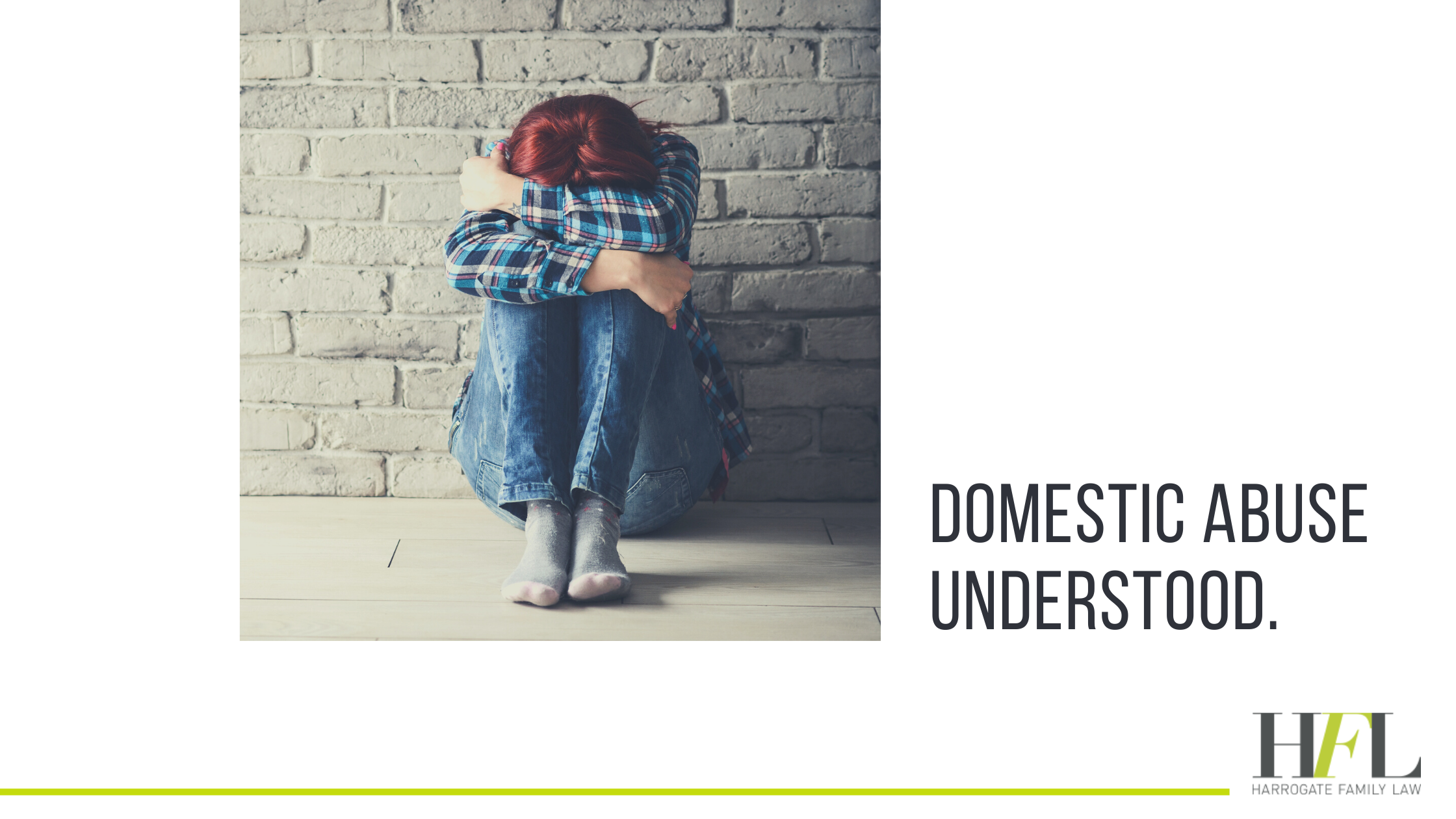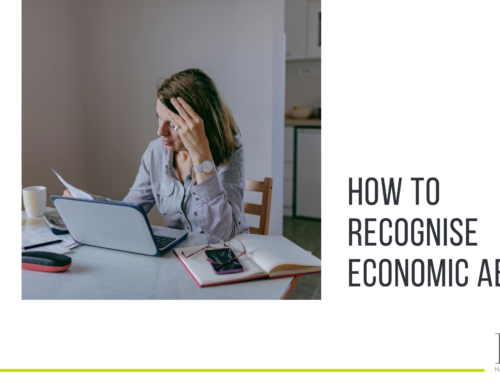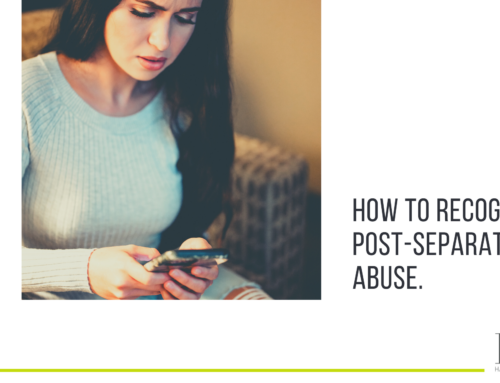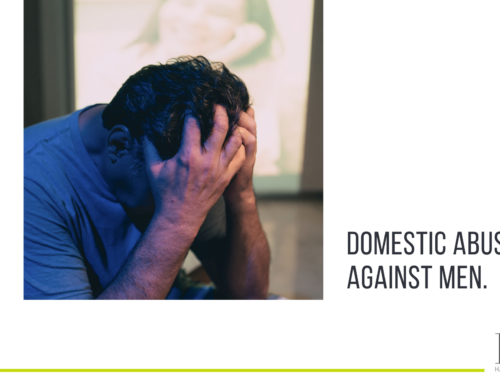Over recent months, the law has made some positive changes in respect of domestic violence, and how the issue is dealt with by the court. One of the biggest problems to overcome is the fact that domestic violence is surrounded by a good number of preconceptions. Historically, this has made it difficult for victims to get the outcomes that are right and fair for them.
It’s clear that a wider discussion about domestic violence is a good start when it comes to helping people to understand the issue. In this week’s blog, we’re debunking some of the myths, and how doing that can go some way to improving the situation for victims.
It’s not abuse if there’s no violence
Domestic abuse doesn’t always involve physical violence. In reality, abuse can refer to emotional, financial, sexual and psychological abuse too.
A common form of domestic abuse is coercive control. Coercive control can be described as an act or a pattern of behaviour including threats, intimidation and humiliation. Often this behaviour will be used as a way of punishing, harming or frightening the victim.
Because it can be subtle by nature, it’s often not recognised as domestic abuse. But that couldn’t be further from the truth. In fact, coercive control is a criminal offence. Unfortunately, such behaviour is more common than you’d think, and can cause long-lasting damage to a victim’s emotional and mental well-being.
It has no impact on the children
Whilst many parents try their very best to shield domestic abuse from their children, it’s estimated that 90% of children witness the abuse. In addition, Between 40% and 70% of these children are also direct victims of abuse happening at home.
The potential for this to cause trauma and psychological harm is not something to be overlooked. In addition, it also poses a risk of creating a cycle of abuse. If children grow up to think this is the norm, they might repeat those patterns in future relationships, or come to accept domestic abuse as acceptable behaviour.
It’s a ‘private family matter’ not a wider social issue
Domestic abuse is bigger than each individual experience; it’s a wider social issue that needs to be taken seriously.
In reality, domestic abuse is a problem that spans the whole of society. It can happen to anyone, in any type of household. Fortunately, organisations such as Women’s Aid have launched several campaigns to spread awareness and support for victims of domestic abuse. But there’s always more that can be done. Change starts when the problem is acknowledged. Saying that domestic abuse is ‘a private family matter’ simply risks more damage to victims, their families, and society as a whole.
And the cost of domestic abuse isn’t just emotional. In terms of the wider financial impact, it’s important to consider; hospital treatment, therapy, medication, court proceedings and lawyers’ fees and imprisonment. These are all impacted by domestic abuse.
If a victim speaks out, they’re lying
One of the most unfortunate and damaging misconceptions about domestic abuse is that the victim is lying.
Statistics suggest that false allegations about domestic abuse in criminal proceedings are rare. The Crown Prosecution Service released the first ever study of this in 2013, and concluded that false allegations are even more infrequent than previously thought. In the 17 month period that the study examined, there were 111,891 prosecutions for domestic violence, and only six prosecutions for making false allegations.
The danger here is that victims will be reluctant to speak out about the abuse for fear of being accused of lying. This heightens the stigma around domestic violence and makes it much more difficult for victims to come forward and leave those abusive relationships safely.
Harrogate Family Law can help
At Harrogate Family Law, we’ve got a lot of experience when it comes to helping clients who have decided to call time on damaging relationships. It’s something we care very strongly about.
Contact us today for more information and to talk about how we can help.






